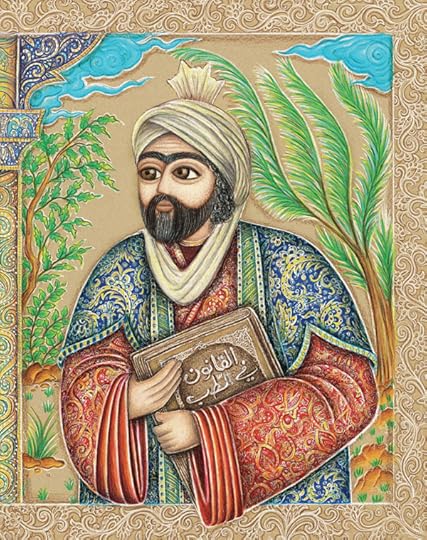What do you think?
Rate this book


32 pages, Hardcover
First published January 1, 2013
"When Sultan Nuh ibn Mansour al-Samani fell ill, the greatest physicians came to treat him. None of them could find a cure, so I asked for a chance to try, even though I was not yet eighteen."
